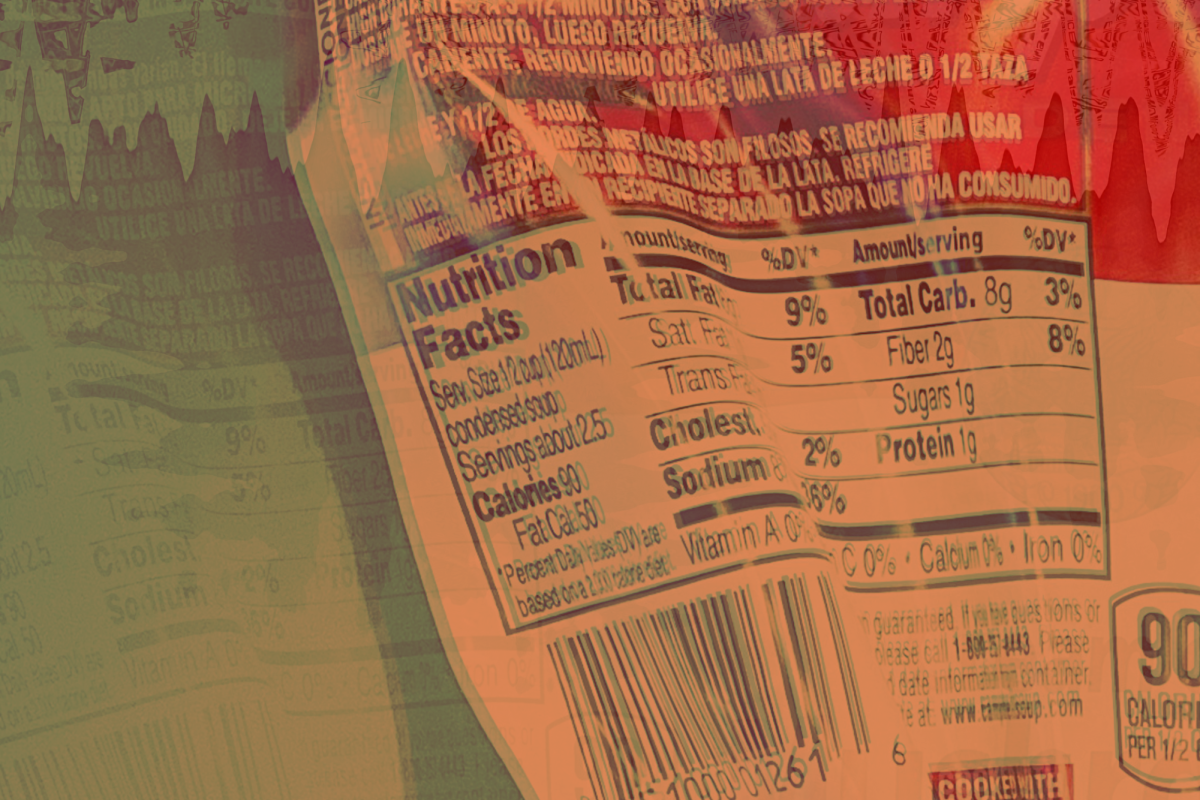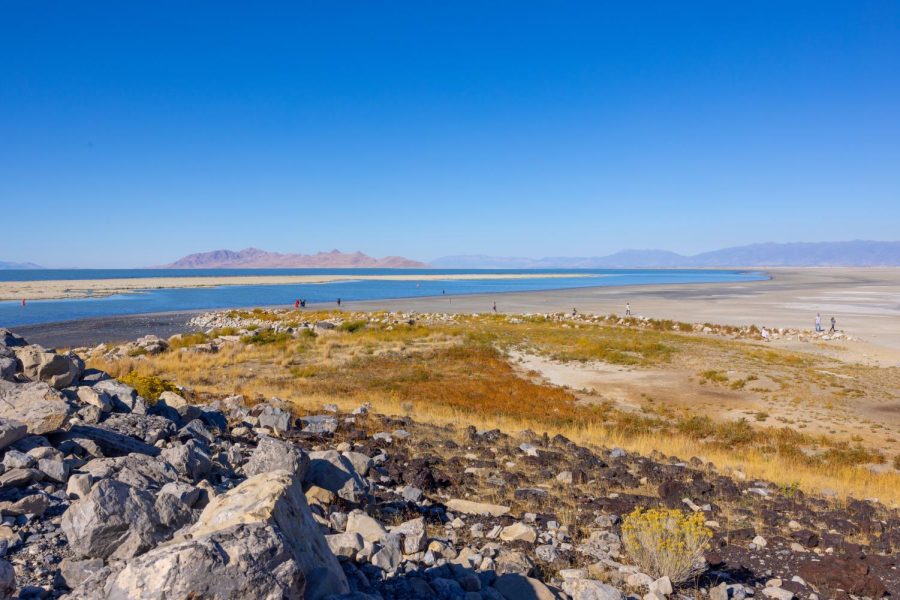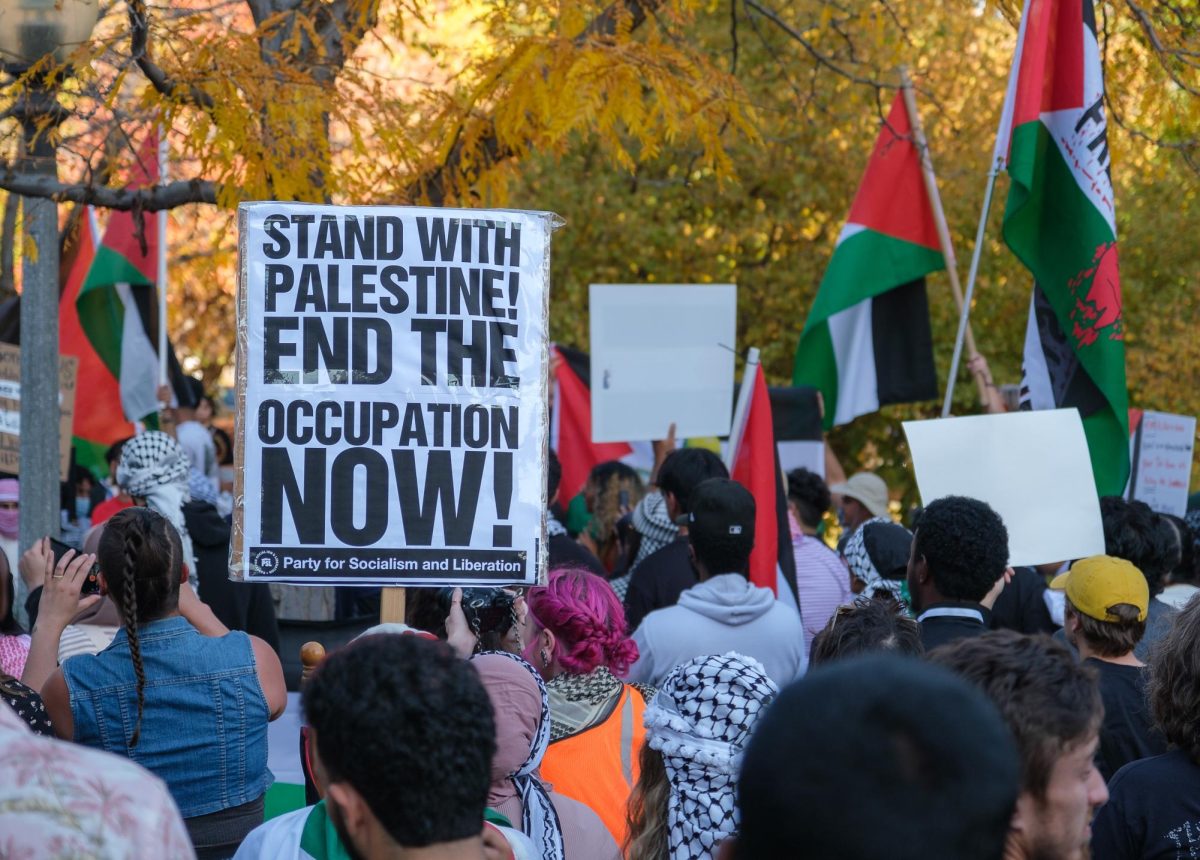
With that being said, however, his celebrity status should not make his death the only tragedy that matters to us. As members of humanity, we should attempt to know, and care, about the other tragedies that occur on a daily basis, not just the ones that involve our favorite celebrities.
The days following Walker’s death were eye-opening. The ways that we revere celebrities above others hit me like a ton of bricks. For example, pictures, videos, news stories and statuses about the actor bombarded Facebook newsfeeds around the country — and probably the world, too.
I know my personal Facebook account looked something akin to a Paul Walker memorial shrine. Everyone seemed to want the same thing: to pay tribute to a man who was a great entertainer, and who was constantly helping others.
I think that is great. I think that we should honor the fallen, and Facebook is a great way to express emotions. Facebook is also a great way to see some of the current trends.
The two issues that I have with the Walker Facebook situation are these: first, few people paid tribute to the other man in the car and second, more death-heavy tragedies occurred right around Walker’s death that were not at all acknowledged. Many people probably didn’t even know many of these tragedies had occurred.
Going back to the death of the second man in the car, Roger Rodas, the first news stories barely mentioned him. For example, on NBCNews.com, one of the first stories about the accident begins thusly: “Actor Paul Walker, the 40-year-old star of the ‘Fast & Furious’ movie franchise, was killed in a single-car crash in California on Saturday.”
The fact that there was another person in the car isn’t even mentioned until the third paragraph where it states, “Walker was a passenger in a friends car […] ‘Both lost their lives’.’’
Also, I didn’t see anything about Rodas’ death on Facebook until a few people started sharing photos that said something like, “R.I.P. to the other passenger in Paul Walker’s car that no one seems to care about because he wasn’t famous.”
These photos were harsh. I don’t think that people didn’t care about Rodas, I believe that they just didn’t think about him.
Now to my second issue with the reaction to Walker’s death: other tragedies around the world occurred right around the same time that were largely ignored. At least they were on Facebook, which as I mentioned earlier acts as a sample of the larger, ongoing trends.
Nine people were killed, and 14 were injured in a helicopter crash in Glasgow, Scotland on Nov. 29. On that same day, according to CNN, “A Mozambique Airlines flight crashed in northeastern Namibia, killing all on board.”
In the end, what I learned from Walker’s death, and the reaction to it, is that celebrity-status should not make one death, for lack of a better phrase, “more important” than another. We should try and see outside of ourselves in order to have more compassion for the worldwide community. Doing so would make us better global citizens, and make for a better society.









